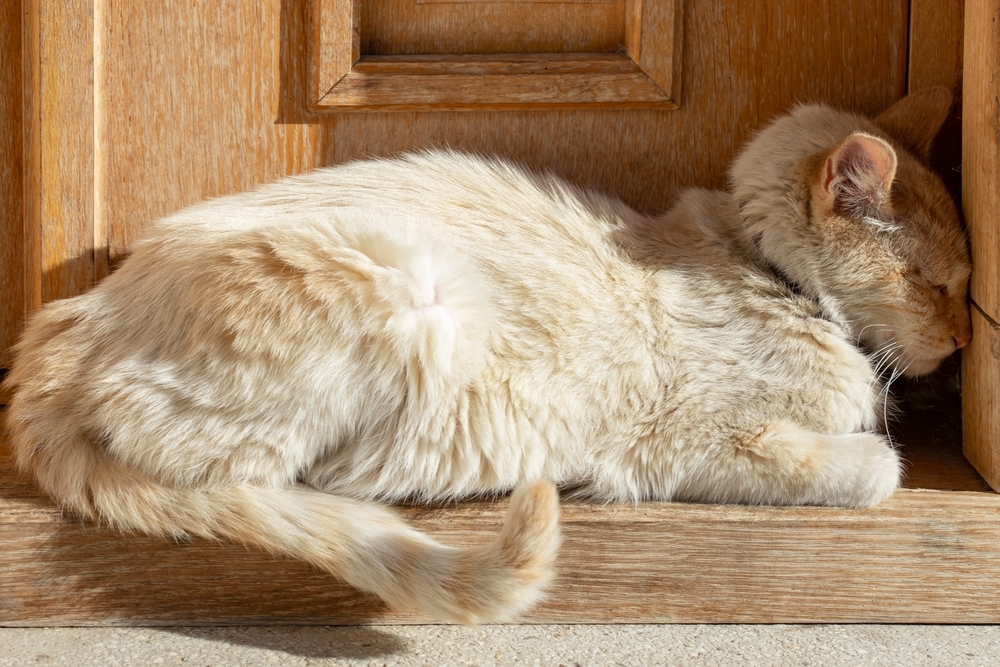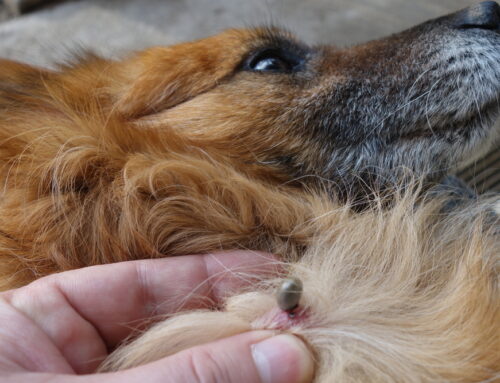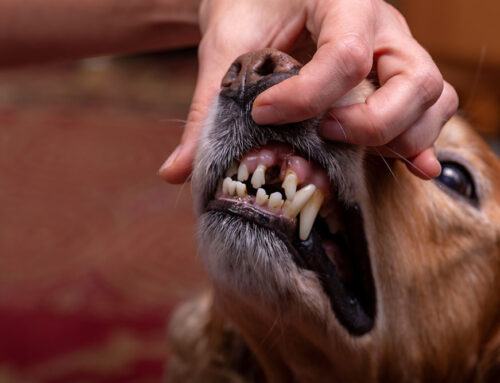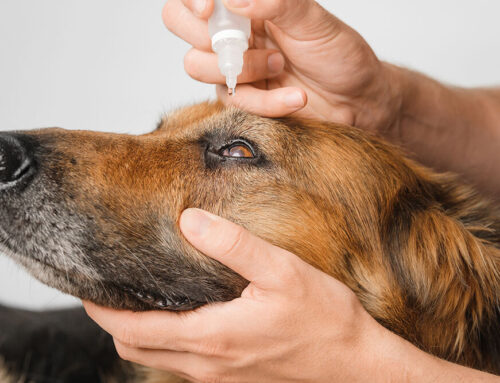Your furry companion makes it clear when they want food or affection, but their signs are often subtle when in pain or unwell. Wild animals mask their pain signs to protect themselves from predators, and pets instinctively do the same. While your furry pal can’t verbally communicate their pain or health issues, they often display signs that indicate something might be wrong. As a responsible pet owner, paying attention to these signs is crucial. Our Oliver Animal Hospital team in South Austin sheds light on eight pet health signs that require veterinary attention.
#1: Your pet isn’t eating or is eating too much
A change in eating habits is one of the first signs that your pet has a health issue. If your four-legged friend eats significantly more or less than usual, they may have an underlying health condition causing this change. For example, increased appetite might indicate hyperthyroidism, while decreased appetite could signal dental problems or gastrointestinal (GI) issues.
#2: Your pet is losing or gaining weight without cause
Monitoring your pet’s weight is essential for their overall health. Sudden weight loss or gain without a change in diet or exercise should cause concern. Weight loss may be related to diabetes, hyperthyroidism, or organ dysfunction, while weight gain could be an overeating, hypothyroidism, or metabolic disorder sign. Learn your pet’s optimal body condition score (BCS) by discussing their weight and overall condition with our Oliver Animal Hospital team. The BCS is an accurate way to assess your pet’s weight because this method factors in stature, muscle mass, and other important healthy weight components.
#3: Your pet is lethargic or disinterested in play
If your pet is less active than usual or seems unusually tired, the cause could be an underlying health problem. Various issues, including infections, pain, or organ dysfunction, can result in lethargy. If your pet is sleeping more than usual or showing little interest in activities they usually enjoy, schedule an appointment with our south Austin veterinarian.
#4: Your pet is having urination or defecation issues
You should monitor any changes in your pet’s elimination routine. Changes might include frequency, difficulty urinating or defecating, blood in urine or stool, or accidents in the house, such as urinating outside the litter box. These changes might suggest your pet has a urinary tract infection (UTI), GI issues, GI obstruction, or more severe conditions such as bladder stones or cancer.
#5: Your pet is vomiting or has diarrhea
Occasional vomiting or diarrhea may not be cause for immediate veterinary attention, especially if the signs resolve quickly and your furry friend is otherwise behaving normally. However, persistent or severe vomiting and diarrhea can lead to dehydration and might be caused by an infection, poisoning, dietary indiscretion, or GI issue.
#6: Your pet is having trouble breathing
Coughing, wheezing, nasal discharge, or difficulty breathing are all respiratory problem signs in pets. Respiratory issues can be caused by infections, allergies, heart disease, or sometimes tumors. If your pet has any of these issues, particularly if they are struggling to breathe, promptly seek veterinary emergency care.
#7: Your pet’s coat or skin quality is poor
Your cat or dog’s coat and skin can provide valuable clues about their overall health. Any changes, such as hair loss, dry or flaky skin, oily skin, rashes, lumps, or sores, should be examined by our Oliver Animal Hospital veterinarian. These skin or coat changes might indicate allergies, parasites, infections, or underlying systemic diseases.
#8: Your pet’s behavior has changed

Pets’ behavior changes include increased aggression, anxiety, restlessness, hiding, or disorientation. Behavioral changes can be caused by changes to your pet’s environment, pain, discomfort, neurologic issues, and other possible health conditions that require veterinary attention.
Knowing how to monitor your furry friend’s illness signs is paramount to getting them the help they need. Paying attention to changes in your pet’s eating habits, weight, activity level, bathroom habits, coat and skin quality, and behavior can help ensure they live a long, healthy, and happy life. If your pet exhibits any of the signs we’ve discussed here, schedule an appointment with our Oliver Animal Hospital south Austin veterinarian.







Leave A Comment